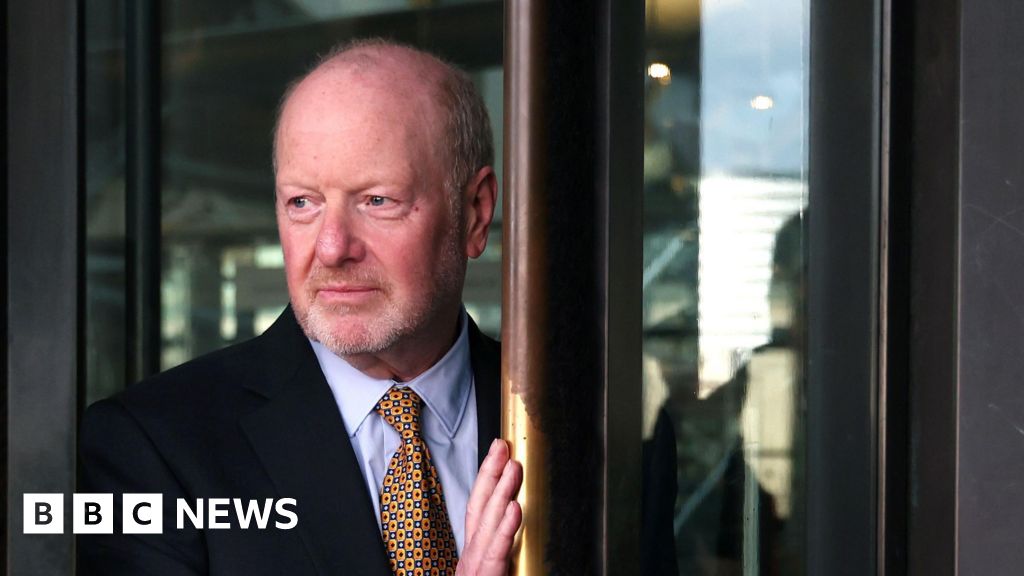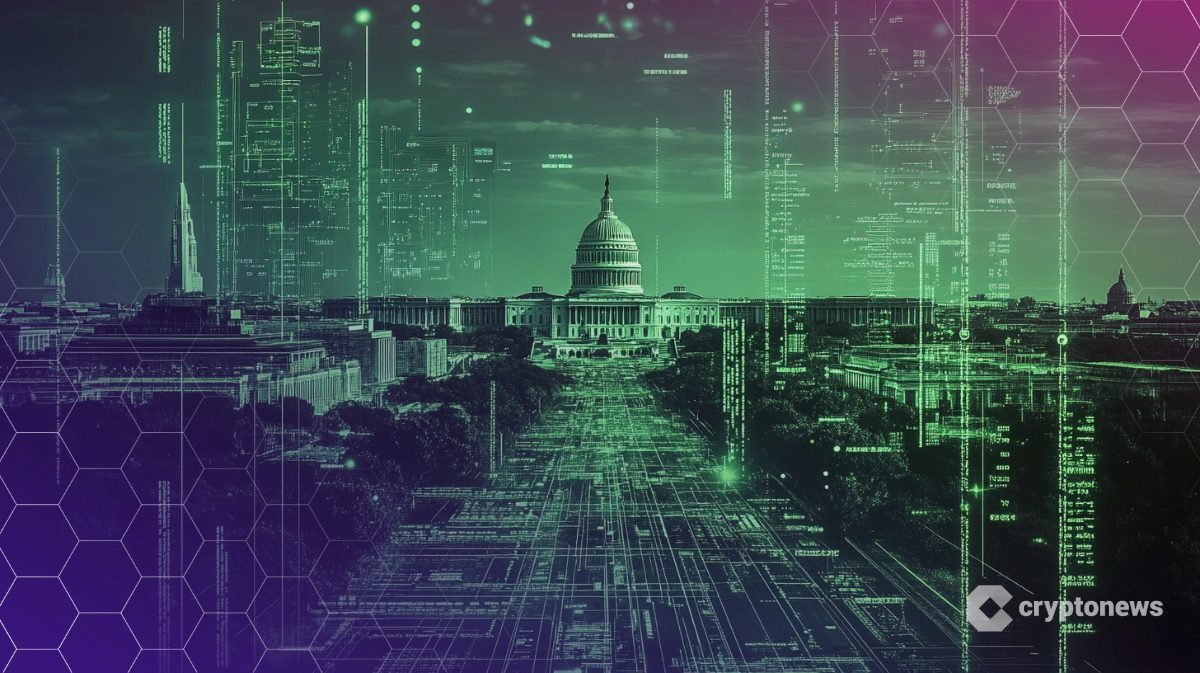Receive free Nato updates
We’ll send you a myFT Daily Digest email rounding up the latest Nato news every morning.
Nato leaders are set to declare they are prepared for Ukraine to ultimately join the military alliance, in a carefully hedged statement that drew immediate condemnation from Kyiv for its lack of a firm timeframe.
A draft of a summit communique under discussion on Tuesday pledges to “extend an invitation” to Ukraine to join the alliance when “allies agree and conditions are met”, people familiar with the text told the Financial Times.
But Ukraine’s president Volodymyr Zelenskyy immediately hit out at the 31-member alliance for negotiating the text without Kyiv at the table.
“It seems there is no readiness neither to invite Ukraine to Nato nor to make it a member of the alliance . . . For Russia, this means motivation to continue its terror,” he said.
The summit in Vilnius, Lithuania, has been dominated by Russia’s full-scale invasion of Ukraine. The draft communique states that Kyiv’s “future is in Nato” without providing a timeline for its accession, the people familiar with the text said, stressing that the text could change before being agreed by all members.
US president Joe Biden signalled Washington’s support for the compromise text, speaking beside Nato secretary-general Jens Stoltenberg.
“We agree on the language that we proposed and you proposed relative to the future of Ukraine being able to join Nato,” Biden said.
But, in a written statement, Zelenskyy said it was “unprecedented and absurd when [a] timeframe is not set, neither for the invitation nor for Ukraine’s membership”, and also attacked Nato’s “vague conditions” for inviting Kyiv.
The draft compromise had aimed to show Ukraine’s membership would be a potentially fast-tracked political decision that would bypass Nato’s formal accession process while nodding to US and German concerns about appearing to lower the bar for entry.
The issue of how to acknowledge Ukraine’s membership ambitions as it defends itself against Russian aggression has exposed divides within the US-led alliance in weeks of intense negotiations, with the US and Germany wary of implying that Kyiv’s membership is inevitable without conditions attached.
On the other side, mainly eastern members, with the backing of France and the UK, had called for the word “invitation” to be included in the statement and for an acknowledgment that it would be a political, not technical decision to invite Ukraine to join.
UK prime minister Rishi Sunak told reporters on Tuesday: “Ukraine’s rightful place is in Nato.” He added: “What’s important at this summit is that commitment is reaffirmed and that there is demonstrable progress towards that goal and I think that’s what you will see.”
But Dmitry Peskov, Russian president Vladimir Putin’s spokesman, told reporters that any move to speed up Ukraine’s admission into Nato would be “potentially very dangerous for European security”, according to Interfax.
“This carries a lot of risks and the people who will make this decision should admit that,” he said.
The draft text also states that allies “recognise that Ukraine’s path to full Euro-Atlantic integration” has moved “beyond the need for the membership action plan”, referring to Nato’s formal accession process. It also notes that Kyiv has “made substantial progress” on reforms.
Nato agreed in 2008 that Ukraine “will become” a member, but provided no timeline or accession process.
All member states agree that Ukraine cannot join the alliance while the war is ongoing, given that would trigger Nato’s Article 5 mutual defence clause and bring all members into the conflict.
The G7 advanced western economies are separately preparing to announce a multilateral security agreement for Ukraine on Wednesday following the Nato summit, western diplomats said, as part of a package aimed at reassuring Kyiv of support in the war launched by Russia “as long as it takes”.
The concept of a multilateral “umbrella” arrangement between the G7 and Ukraine would then allow individual countries from inside and outside the group to structure their bilateral pledges, which are set to include military and financial support packages.
The agreement is still being negotiated and the planned timeline could be delayed, the diplomats added. Negotiated with input from Ukraine, the agreement would seek to ensure Kyiv can continue repelling Russia’s invasion, rebuild its armed forces and economy after the war ends, and help it meet Nato standards required for its eventual membership of the alliance.
Nato is also discussing weapons provision to Kyiv as it seeks to push forward its counteroffensive against Russia. France said on Tuesday it would send its long-range Scalp cruise missiles to Ukraine to help it defend its territory against Russia. The missiles are the same as the Storm Shadow model already provided by the UK.
France’s announcement comes as all Nato allies stress that the primary objective is to ensure Ukraine has the weapons necessary to fight back against Russia’s invasion.
Credit: Source link










